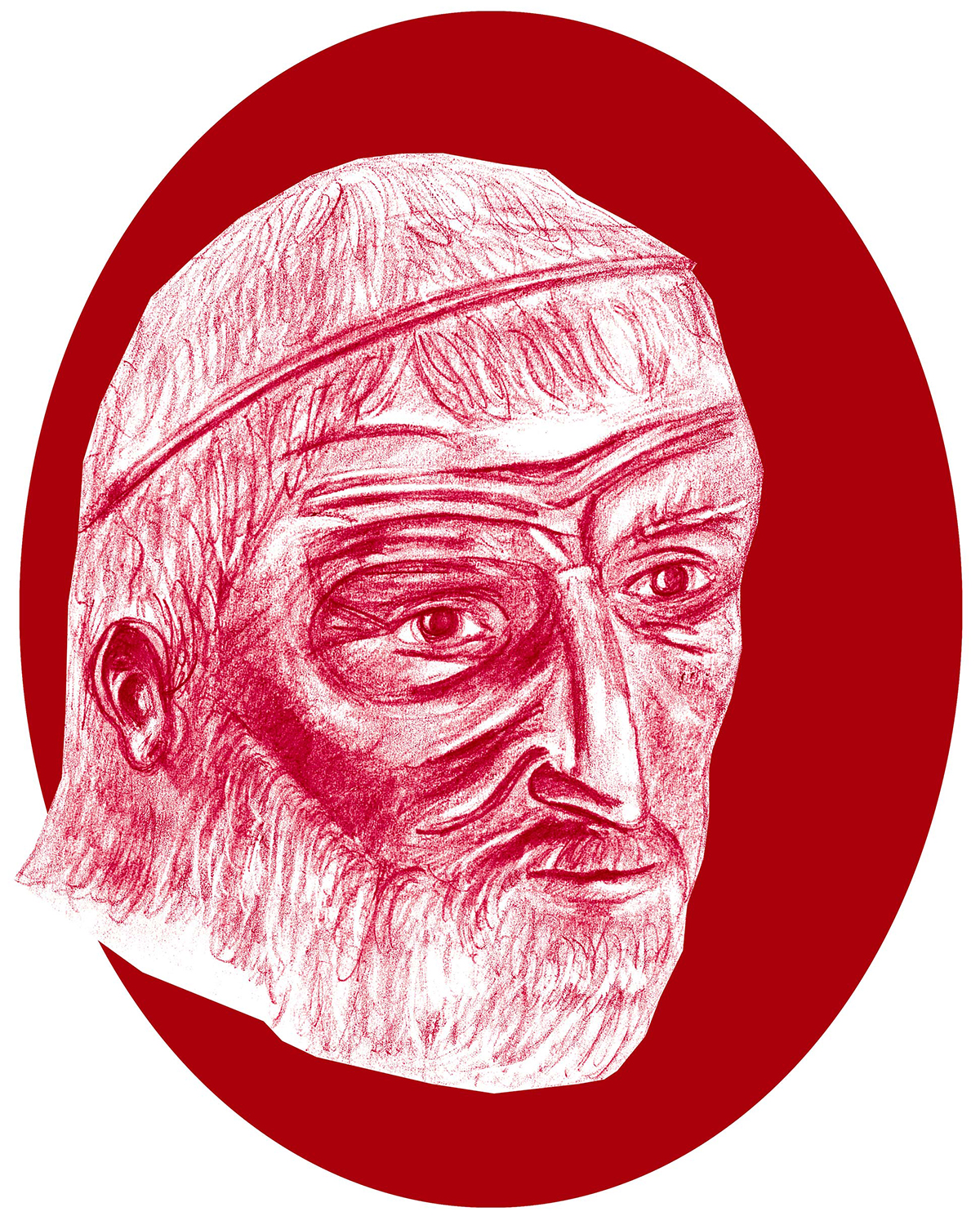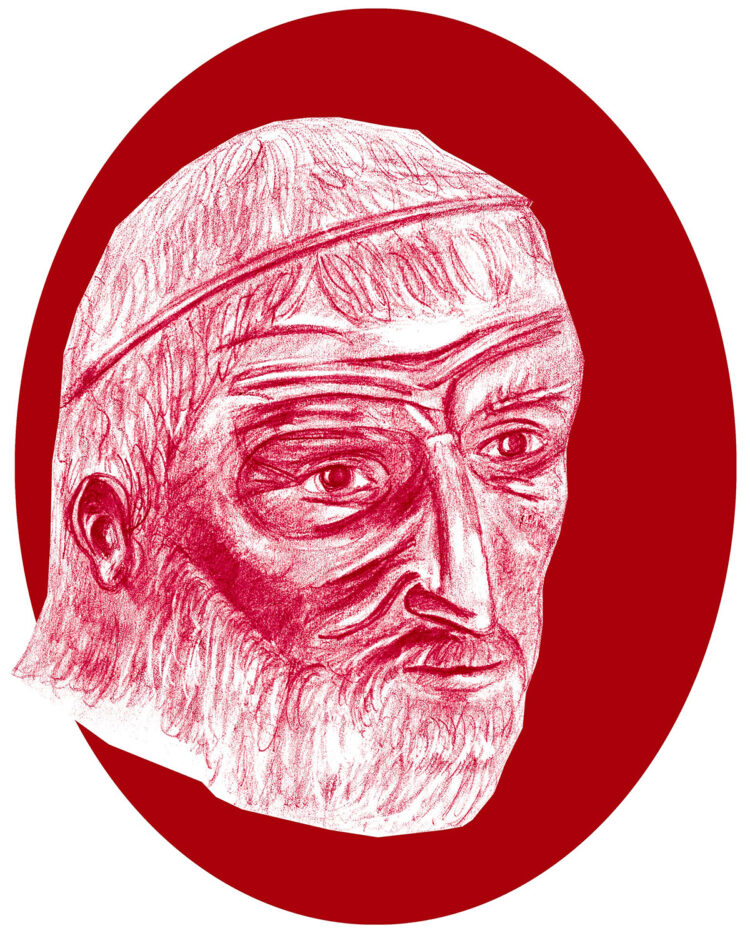(Ephesians 5:8)
Parents, leaders, and educators, we have a mission, a duty to lead children's souls toward the Light which will be their guide and their happiness. In order to illuminate the way that lies before each one of us, once a week we invite you to discover some of the words of certain wisemen and witnesses, measuring their worth by the words of St. Thomas Aquinas: “Do not consider the one who speaks, but whatever good you hear from him, confide it to your memory.” (from The Sixteen Ways to Acquire the Treasure of Knowledge by St. Thomas). Happy reading!

“I am untouchable: the truth with all its power lives within me.”
Sophocles (495-406 B.C.)
In the company of Aeschylus and Euripides, one of the three great tragic playwrights of classical Athens
“When one considers the Vth century b.c. – the golden era of Athens – it might be said that Sophocles, whose life spans the century almost perfectly (495-406), is a perfect representation of the Athenian genius. He fought at Salamis, and died at an old age. His work doesn’t always coincide with our taste, but then we find, for example, that in the middle of a speech where Electra is wallowing in self indulgence, a deep tenderness for her brother whom she believes dead suddenly breaks from her lips, and we see the same thing in Antigone, when her heartbreak overflows in her words; it is Sophocles who made of the myth of Oedipus a dilemma about man in a combat with fate. As dramaturge, today Sophocles is as dear to the hearts of the crowds as he was two thousand years ago, and he is incomparable in those moments when he leaves the drama aside to contemplate fate and destiny, and to paint man so universally that the individual man seems to disappear altogether, lost in a sort of burst of sunlight. The movement of the stanzas has a surprising fullness, and Sophocles’ primary gift, found in his swaying rhythm and musical repetitions, seems to be the energy and intensity of his verse. What’s more, though the choruses are not intended to express more than a sort of general morality, at times they nevertheless have a certain unaccountably personal accent. And then of course, what is never missing, is that side by side with the solemn and the delicate you will suddenly find that admirable and rough Greek familiarity, which shows up so naturally in the monologues of the watchman or the sentry. We find this in the middle of the tragedy of Antigone, as well as in the unparalleled chorus of Ajax where we seriously believe we are hearing the lower class of Salamis… and then there is his genius when it comes to death, to sleep, to despair flowing from the heart…”
20th century Author
Writer
In the same category « Teaching », also read :

